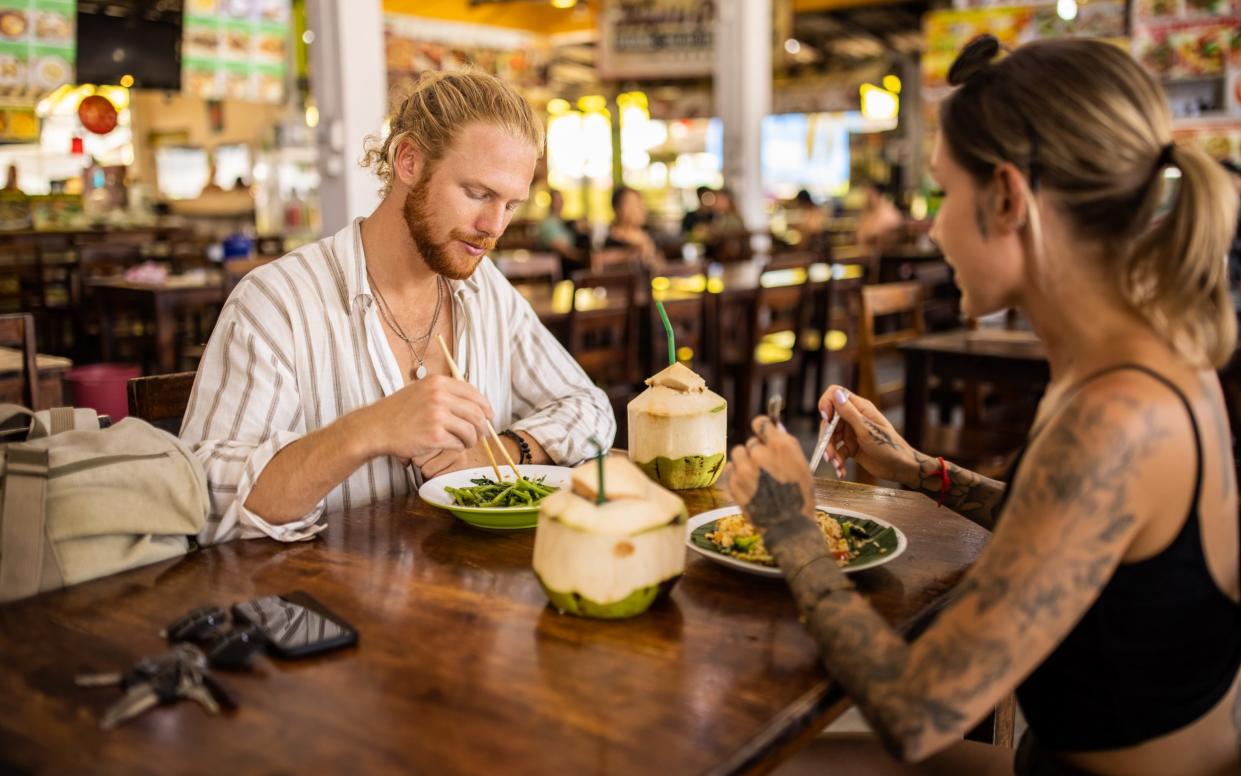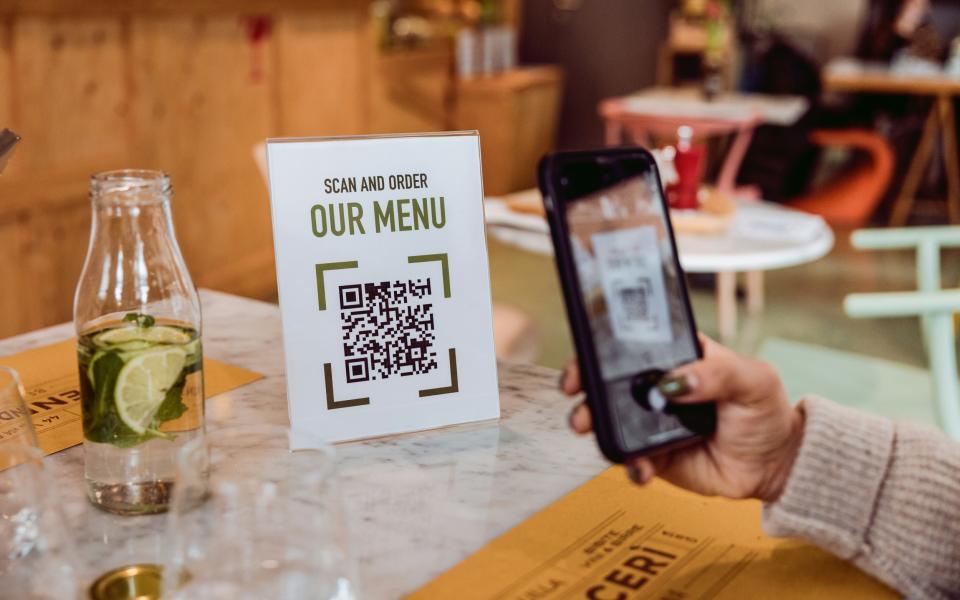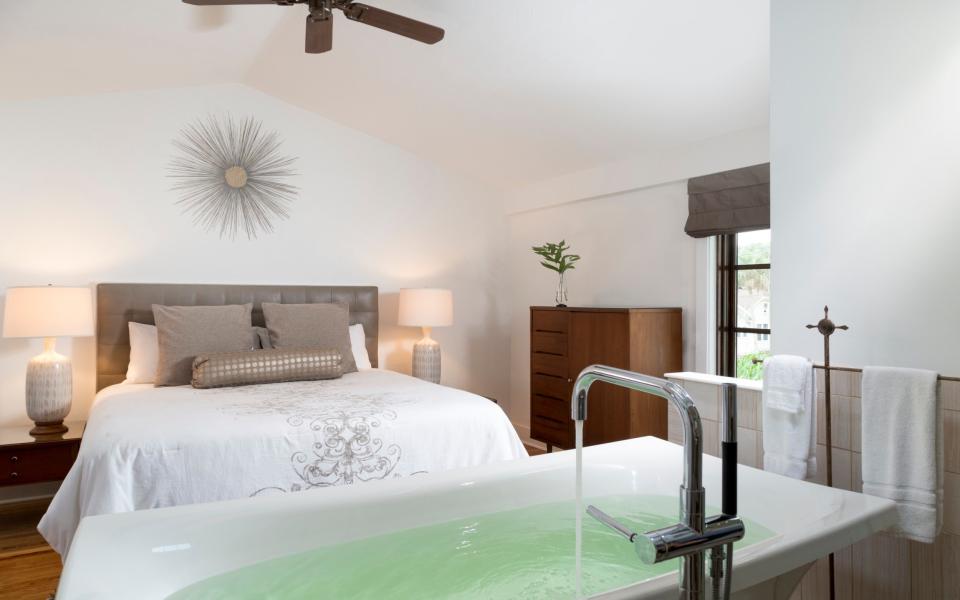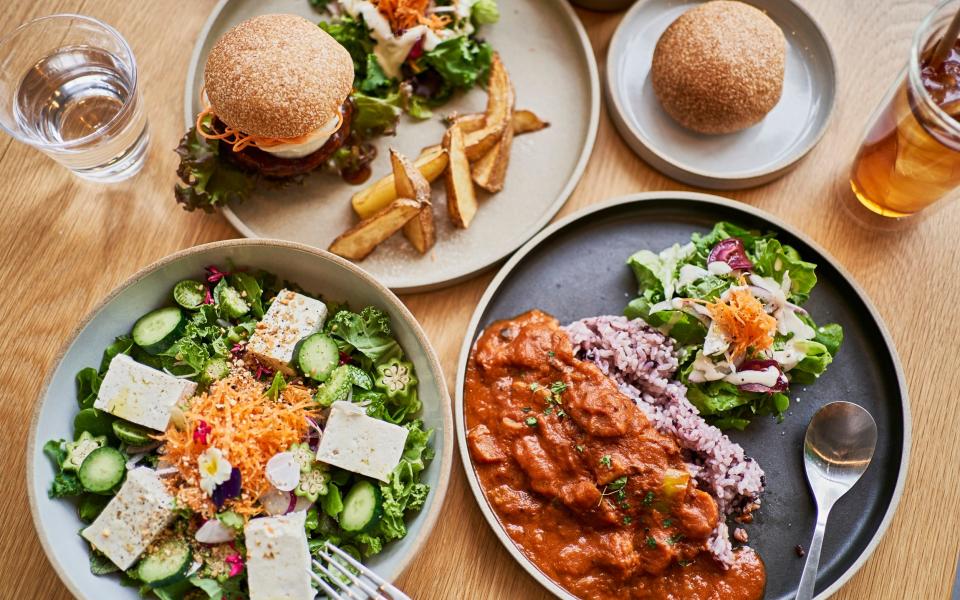'Distinct cultures are being flattened' – how millennials ruined our holidays

It is said that tourism is standardising the world. Millennials, never mind the rest of us, are cruising the planet, evening out its differences, or expecting others to do so for us. Distinct cultures are being flattened.
This is not entirely wrong. Let us look about us. We see – in every high street and mall, and on every salty sea front – identical coffee shops dividing coffee into multiple categories few had heard of 25 years ago, then selling it in cups the size of oil drums. You may experience this from Lisbon, via Morecambe, to Vancouver.
The global pandemic of burgers is now also probably unstoppable, having escaped from fast fooderies to infect almost every other restaurant on earth. That “gourmet burgers” affect a sophisticated accent and come with chips in a cone or, Lord help us, a mini-frying basket, doesn’t make them any less burgers, unavoidable in every time zone. Ditto pizzas, more or less.
Wherever I go right now, I’m finding it increasingly difficult to avoid vegan restaurants, cloudy craft beers, sushi or places with QR codes instead of proper menus. (“Does sir need help scanning the code?” “Sir does not. Sir can scan codes from 350 yards. He simply chooses not to.”)

Hotel-wise, the widespread taste for plonking baths in the middle of bedrooms is waning, and about time too. While wives are generally happy that their husbands are washing, there’s not a single one who wants to watch. That said, the universal over-provision of cushions persists. If you’ve a plethora of cushions on the bed, you know you’re somewhere, anywhere, in the 21st century.
I came across half a dozen on a hotel bed this very weekend. As promised in earlier notes, I went to throw them out of the window, only to find the window nailed shut – presumably lest normal people, driven crazy by cushions, were tempted to chuck themselves out.
Neither does neutral hotel décor – greys, light greens, beige, bare cement – do much to distinguish one place from another. Hoteliers also now uniformly lecture us on the precise positioning of towels (in the shower, on the floor, on the rail) that we might save the planet while far too many of them consider distinctiveness lies in the hanging of contemporary art all over the damned place: bedrooms, lobbies, salons, the lot.

Ah, contemporary art. You will have noticed that it has broken out right around the world, from hotels and restaurants to cafés, bars, festivals, pop up galleries and, most invasively, wineries. “We like to encourage local artists,” a wine-maker told me recently. Me too, I said. I particularly like to encourage them to take up plumbing, floristry or a position in the police force rather than give us their version of the descent of mankind – as they do, whether in Brighton or, I’m sure, Bolivia.
Alongside contemporary art, we find wellness, mindfulness and other such tomfoolery anywhere and everywhere. As we do Hermès scarves. Well, we do if we’re loaded. It’s a constant source of wonder that the very rich know where they are, given that, when they exit the hotel past the blokes in uniform, they bump into exactly the same shops – Cartier, YSL, Dior, Rolex, Swarovski – on streets from Los Angeles to Monaco, Rome to Shanghai.
Perhaps they don’t know where they are. Perhaps they travel in little bubbles of self-importance, expecting the world to conform to their demands, with local culture surfacing briefly as chambermaids, barmen and the fellows in uniform. And perhaps the attitude has seeped down to influencers and others who think the most interesting aspect of any place is their presence in it – and the selfies (“me and the Taj Mahal”, “me and a camel”, “me and a croissant”) they can post on Instagram, Tik-Tok and the rest. Were we serious about cultural sensitivities, we’d surely burn all social networks in a bonfire of vanities.
That said, we should also be wary of being over-critical, notably if we are English speakers. A key element in world-wide standardisation is the expectation that everyone involved in dealing with visitors – absolutely everyone everywhere – should speak English. This may not be a bad thing. The planet probably needs a world language. It means that non-English speakers have only one language to learn and that there’s no need to master Bulgarian, Filipino or Javanese as we travel.
But it should also give us pause when we start sounding off about the standardisation of our experience of the world. If we don’t speak Bulgarian, it may be that we are part of the problem.
Of course we are. But – and here’s the point – it doesn’t do to exaggerate the dimensions of that problem. Some people do. American sociologist, George Ritzer talks of the “McDonaldization” of travel. “For me,” he writes, “it’s harder and harder to find something in Europe that is unfamiliar and non-rationalized.”
Maybe he needs get out of the airport more often. Maybe he needs to take a round trip from, say, Bournemouth to Bratislava, via Bordeaux. OK, he’ll probably find Starbucks and KFC and Burger King in all of them, but they scarcely define the places. They’re minor add-ons, at best.
No-one in his or her right mind is going to mistake Bordeaux for Bournemouth merely because one may, in both, buy a sharing bucket of finger-lickin’ chicken.
The underlying charge is that the arrival of tourists compromises the “authenticity” of wherever it is that they are arriving. But authenticity isn’t necessarily all it’s cracked up to be. Poverty and sweatshops are authentic enough in parts of the world, as are honour killings, slavery and street crime. Believe me, there’s nothing unauthentic about a mugging in Naples.
It is at least part of the job of tourism to pump money into local economies that the conditions for such “authenticity” be alleviated, or at least tempered. I’ve mentioned before Norman Lewis’ Voices Of The Old Sea. In this travel classic, Lewis recounts a remote Costa Brava village in the post-war years. It is on the cusp between a fishing past and tourism future.

Superbly non-didactic though he is, Lewis cannot disguise his regret at this turn of events, at the loss of isolation, of ancient ways and village values. Of “authenticity”, then. It has to be said, however, that isolation, old ways and values had led the villagers pretty bloody miserable lives – overcome with superstition, uncertainty, poverty and cats.
No surprise then that, with some residual reluctance, villagers embraced the tourism development – going to work in the new hotel, opening guest rooms of their own and running pleasure trips in their fishing boats. Obviously, they lost something along the way, but they were going to lose it anyway. They gained financial security and a foot in the world. Their descendants doubtless have complementary health insurance and smartphones, just like you and me.
It is easy to romanticise herdsmen and the haulers-in of nets when you’re only passing through – even if, like Lewis, for quite long periods. Then you go home, and they’re still trading single goats, seeking sardines and lugging fresh water from five miles away. By wishing to leave the world thus untouched, critics do sweet FA for economic development.
By contrast, tourists – with all their varying needs – bring cash in. Some estimates suggest that last year, 2022 – before the effects of covid had entirely worn off – travel and tourism generated 7.6 per cent of global GDP. Or $7.7 trillion (£6.3 trillion). They’re due to top 10 per cent this year.
It is, then, a question of balance. If we’re going to have tourists at all, we need people providing stuff for them. It’s just a matter of not letting the pandering get out of hand. Generally, it doesn’t. I live near the mass tourism resorts of the French Mediterranean coast. I’ve seen American and British visitors in the seafront restaurants ordering the always-available, “authentic” pieds et paquets or bouillabaisse – and clearly wishing they’d gone for the burgers.

